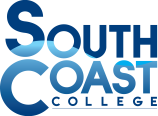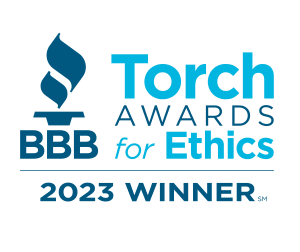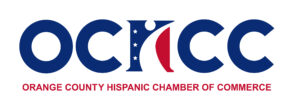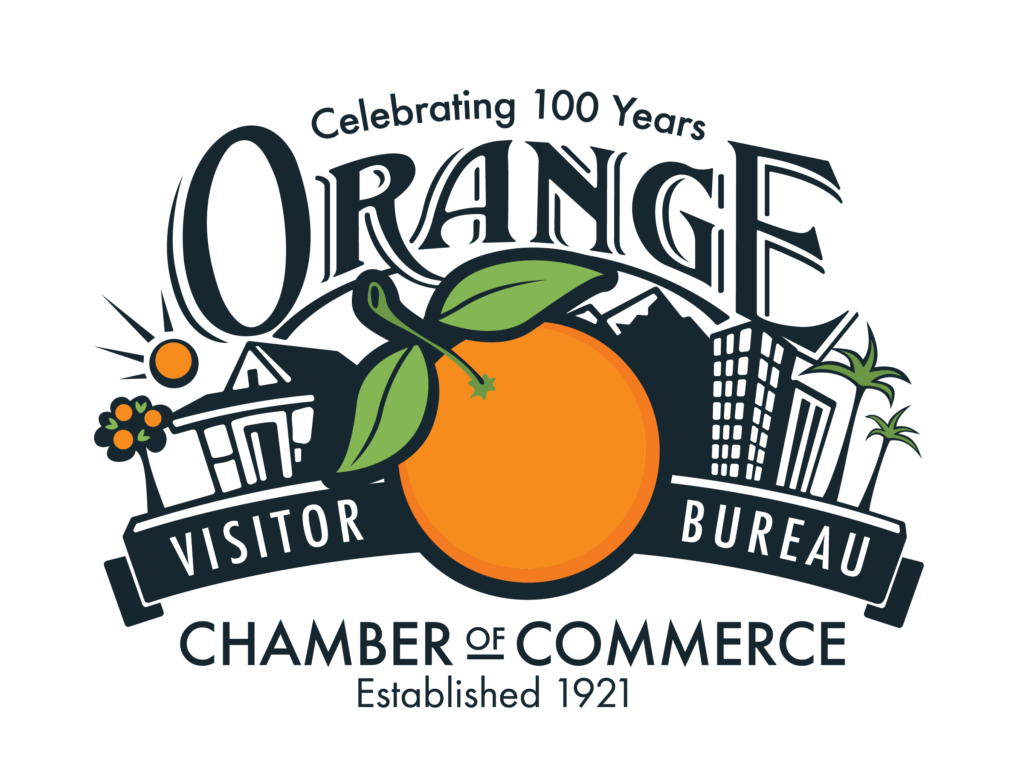Pell Grant: Need Based
Pell Grants are federal grants that never have to be repaid. Eligibility is based on the Estimated Family Contribution and a payment schedule that is established by the Department of Education each year. A student must have an eligible Estimated Family Contribution (EFC) to qualify. Awards are distributed quarterly and are adjusted to three-quarter time for evening programs.
Supplemental Educational Opportunity Grant (SEOG): Need Based
SEOG is a federal grant that never has to be repaid. Students must have a zero (0) EFC and not have a prior degree to qualify.
Iraq and Afghanistan Service Grant – Non-need Based
For students whose parent or guardian dies as a result of US military service in Iraq or Afghanistan after September 11, 2001. If the student has an EFC that is over the maximum to be eligible and the student was under age 24 when their parent dies, they may be eligible for this grant as determined by DOE when the student files their FAFSA.
Direct Loan
- Subsidized: Need based. Subsidized Direct Loans are federal guaranteed loans that begin interest and repayment six months after the student is no longer enrolled at least half-time.
- Unsubsidized: Non-need based. Unsubsidized Direct Loans are federal guaranteed loans that begin accumulating interest immediately upon disbursement and begin repayment six months after the student is no longer enrolled at least half-time.
Direct PLUS Loans: Non-need Based
Direct PLUS Loans are federal guaranteed loans that have to be repaid. PLUS loans are for parents of Dependent students. Parents cannot have adverse credit to be able to qualify. If parents cannot qualify for a PLUS loan, students may borrow additional Unsubsidized Stafford Loan funds as a replacement in their packages.
Private Loans: Non-need based
Students can apply for Private Loans up to their full cost of education as determined by the financial aid office. Loan eligibility and interest rate are contingent on the applicants credit worthiness. Private Loans should not be considered until all other financial aid has been applied for and awarded. Contact the financial aid office for more information on Private Loans.
Federal Work Study (FWS): Need Based
FWS is a federal program where students earn money to help them with living expenses. Federal Work Study at South Coast College is utilized for two types of jobs: 1) An “America Reads/America Counts” program off-campus, and 2) Court Reporting Graders. Students complete all necessary paperwork in the Accounting Department and are paid twice a month by South Coast College. FWS in not part of an original award package and is generally available to upper classmen only.








